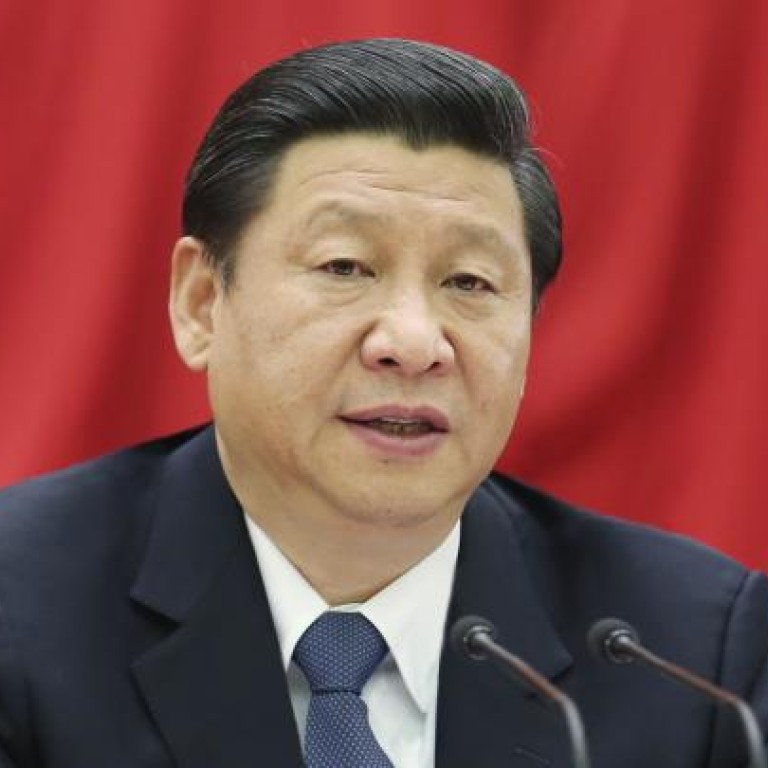
Gree tastes pain of excess
The downfall of a top executive at a major state-run company indicates China's new campaigns against corruption and lavish spending may soon spread to big SOEs
I want to take a look today at Gree (Shenzhen: 000651), a major home appliance maker that is casting an interesting spotlight on a new kind of risk faced by major state-owned firms due to a central government campaign against excessive spending and corruption. Gree usually makes headlines because of its prominent President Dong Mingzhu, who was named last year by Forbes magazine as one of Asia's 50 most powerful women. But this time it has been in the news for far less glamorous reasons, as its internal party secretary Zhou Shaoqiang has been stripped of his posts for his lavish spending at a recent banquet.
Chinese Communist Party Chairman and incoming President Xi Jinping has sounded a number of major themes as he prepares to take his new office, and two of those are the need to crack down on corruption and lavish government spending. In this case, lavish spending appears to be the major reason for Zhou's downfall.
After netizens expressed outrage at the huge spending, Zhou reportedly faked a receipt for a much lower amount. This kind of rage by netizens over corruption and lavish government spending is becoming increasingly common, leading to a growing number of scandals that often result in the sacking of government officials. But this Gree case is somewhat interesting, because it shows that high-level officials at big state-owned enterprises may also soon be coming under attack.
Most China watchers will know that the distinctions between officials from the government and big state-owned enterprises (SOEs) are often blurry, with high-ranking party members often seamlessly moving back and forth between the two. Thus it's not all that surprising that the recent campaigns against corruption and excessive spending by government officials are now finding their way into big state-owned enterprises as well.
The answer is probably that the risk is relatively minimal in most cases. As I've already said, the top management ranks at most of these massive SOEs are filled with dozens of senior party members and bureaucrats, many of whom jump from company to company on a regular basis. So the loss of one or two of these faceless executives due to corruption or excessive spending accusations probably won't really matter too much.
Perhaps the bigger risk is reputational, since a company could see its image badly damaged if several of its officials are accused of such violations. And in rare cases, it's also possible that a top executive who really does play an important role at a company could be fired for corruption or excessive spending, which could wreak havoc on both a company's operations and its reputation.
Right now the uncovering of new cases appears to be largely based on chance, since Zhou's downfall at Gree only occurred after a person who attended the banquet posted photos on the Internet. But once Xi Jinping assumes his new role as China's president, which will happen this month, the government may become more aggressive in actively trying to stamp out this kind of behavior. That means we could see more high-profile cases like Zhou's coming in the year ahead.
Bottom line: The downfall of a top executive at a major state-run company indicates China's new campaigns against corruption and lavish spending may soon spread to big SOEs.
To read more commentaries from Doug Young, visit youngchinabiz.com

